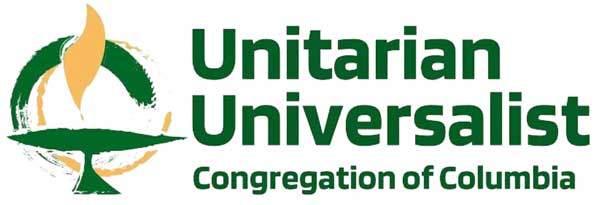40,000 years ago, our Cro-Magnon ancestors drove the Neanderthals to extinction. Working together in groups Cro-Magnon destroyed the bigger, stronger, and more solitary Neanderthals.
Having mastered groups, the individual moved closer to the center of things. There became an emphasis on direct experience and reason rather than hierarchal authority. The emphasis on direct experience and reason, humanism, spread to religion. Thus, from the beginning, all the Protestant denominations grew directly or indirectly out of Humanism.
We will explore religious humanism a little more fully and look at how some of these insights can be of help today.
Select tne Play button for a recorded version of this sermon.
